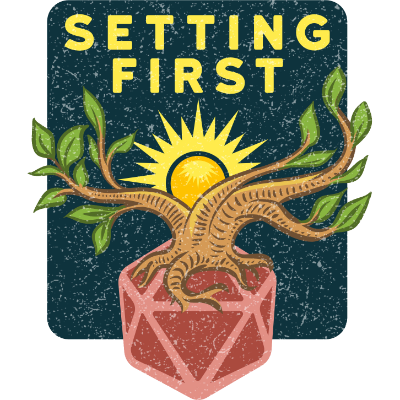Trust in Post-Apocalypse Campaigns

Post-apocalypse settings vary widely, but the matter of who characters trust is always important.
Low-Stress Community-Building

Throwing people together into a game is not always the best way to build a gaming community. Socializing in a no-pressure environment is a great alternative.
Stretching A Licensed Setting
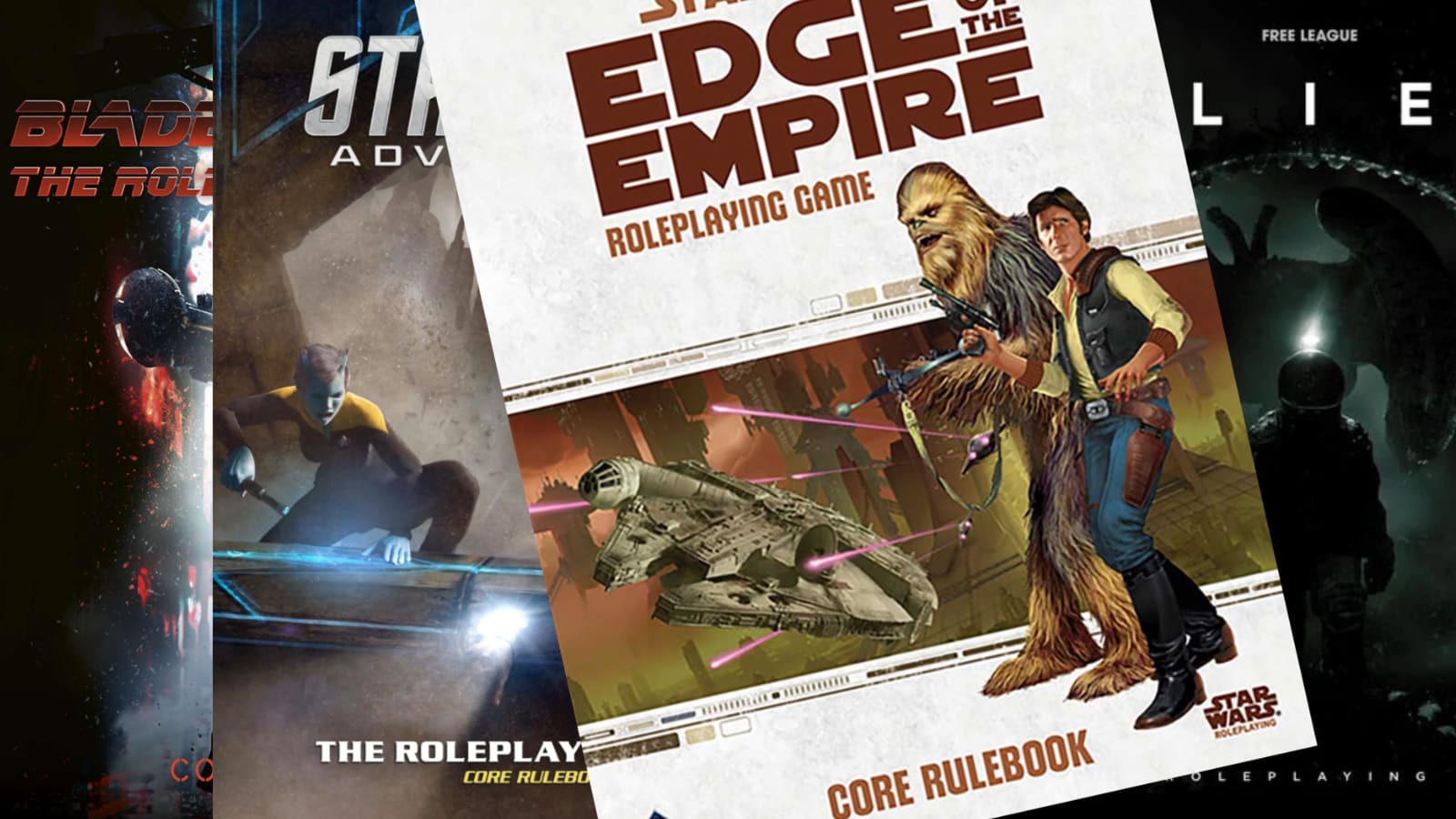
How your campaign interacts with canon is important, but there are other ways to think about licensed settings.
Post-Apocalypse Verisimilitude
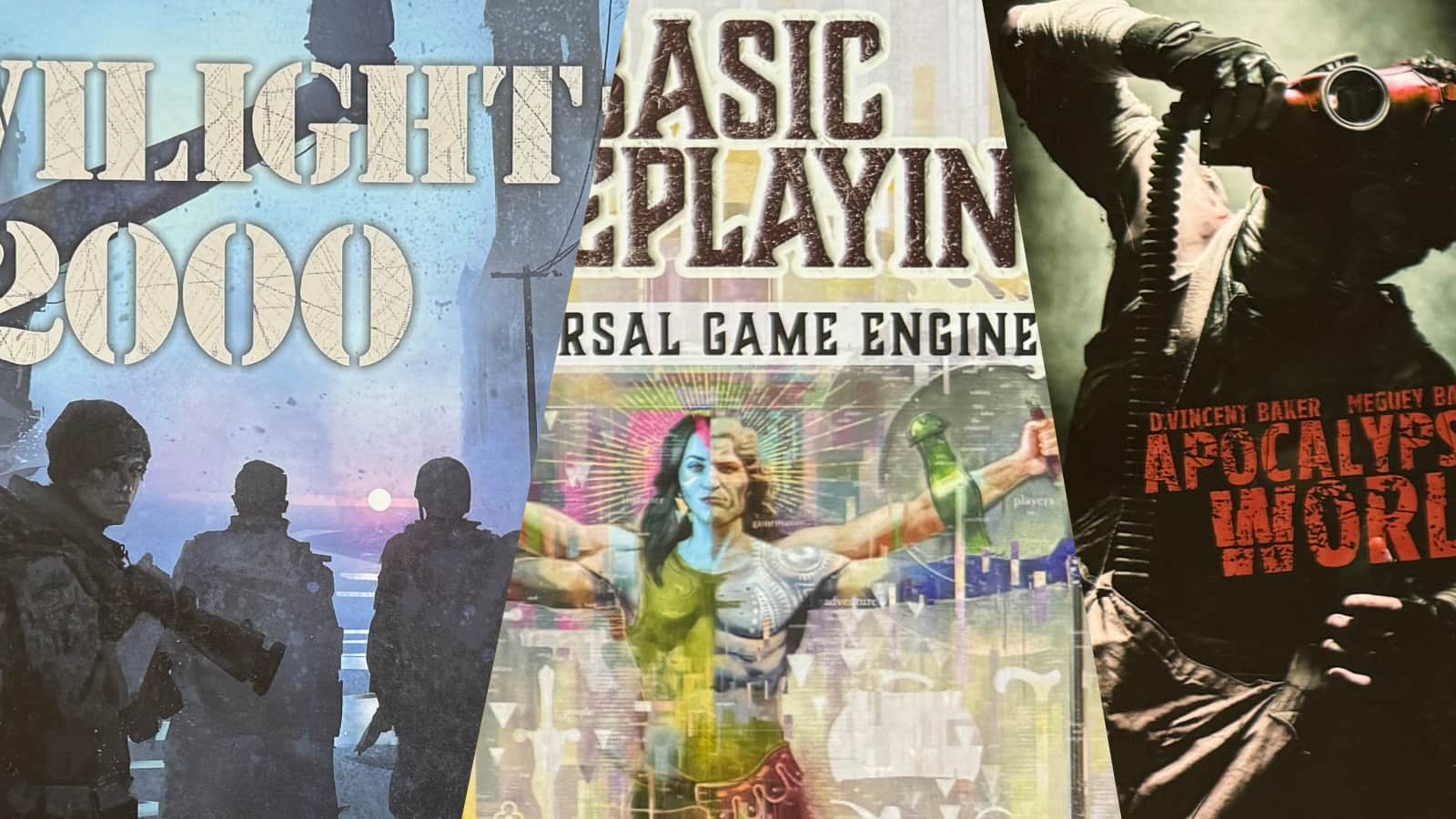
Before you build out plans for your post-apocalyptic campaign, think about what you want from it.
The Individual v The Collective
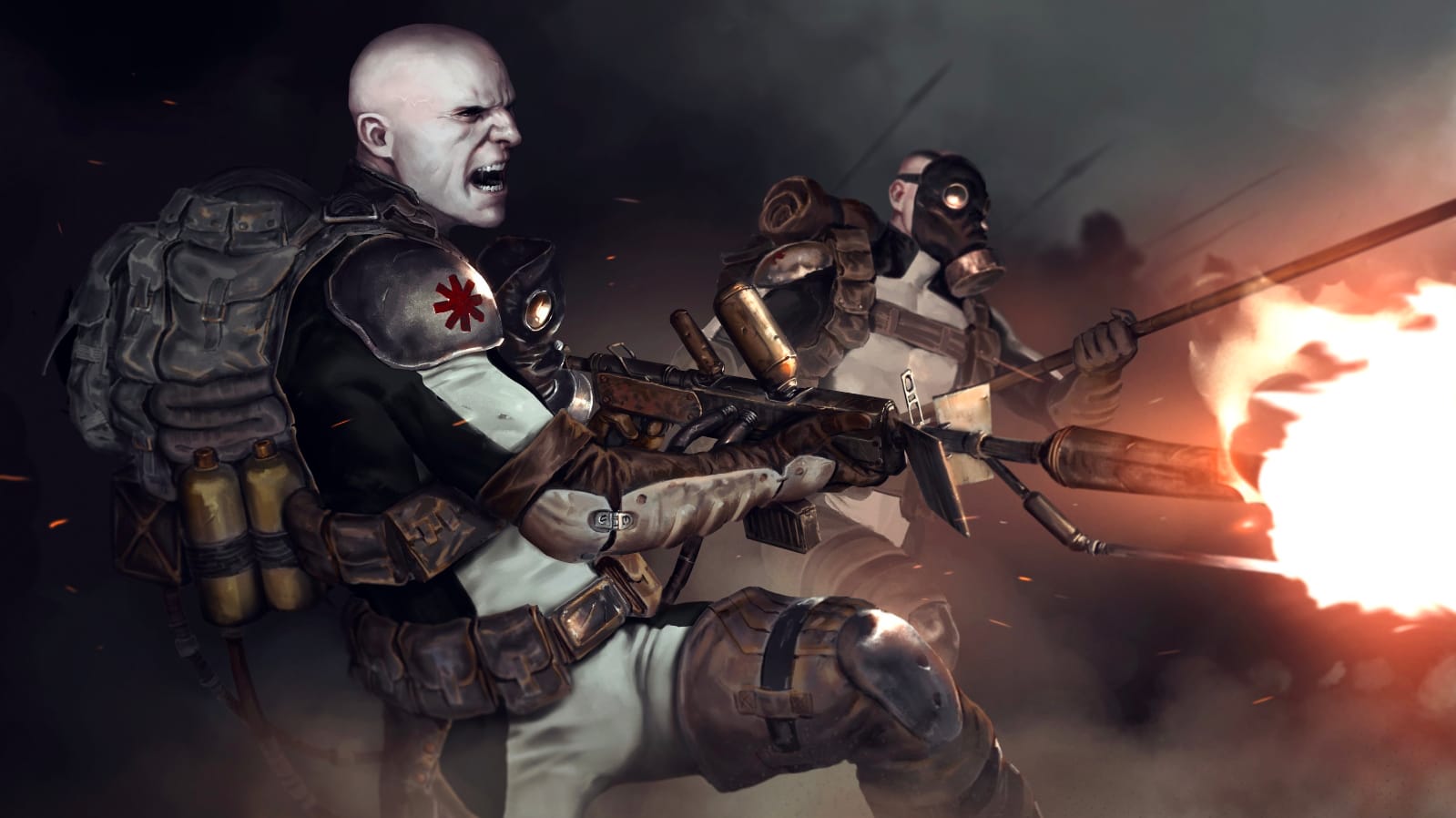
What does a player character do when they have to choose between what is right and what is expected of them?
A Review of the GODS TTRPG
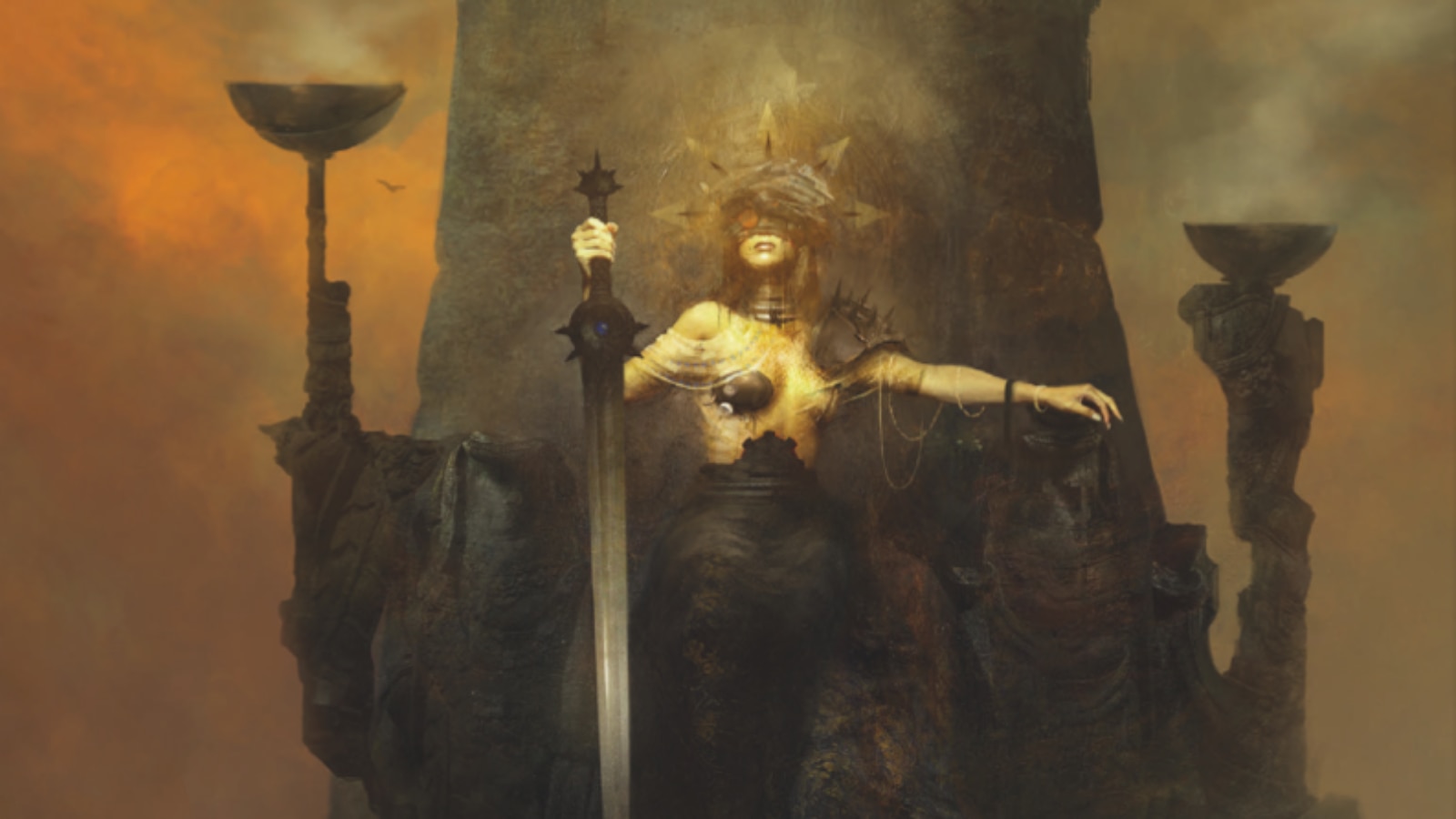
Arkhane Asylum’s GODS follows a path less taken.
Stoicism and the Art of Gamemastering
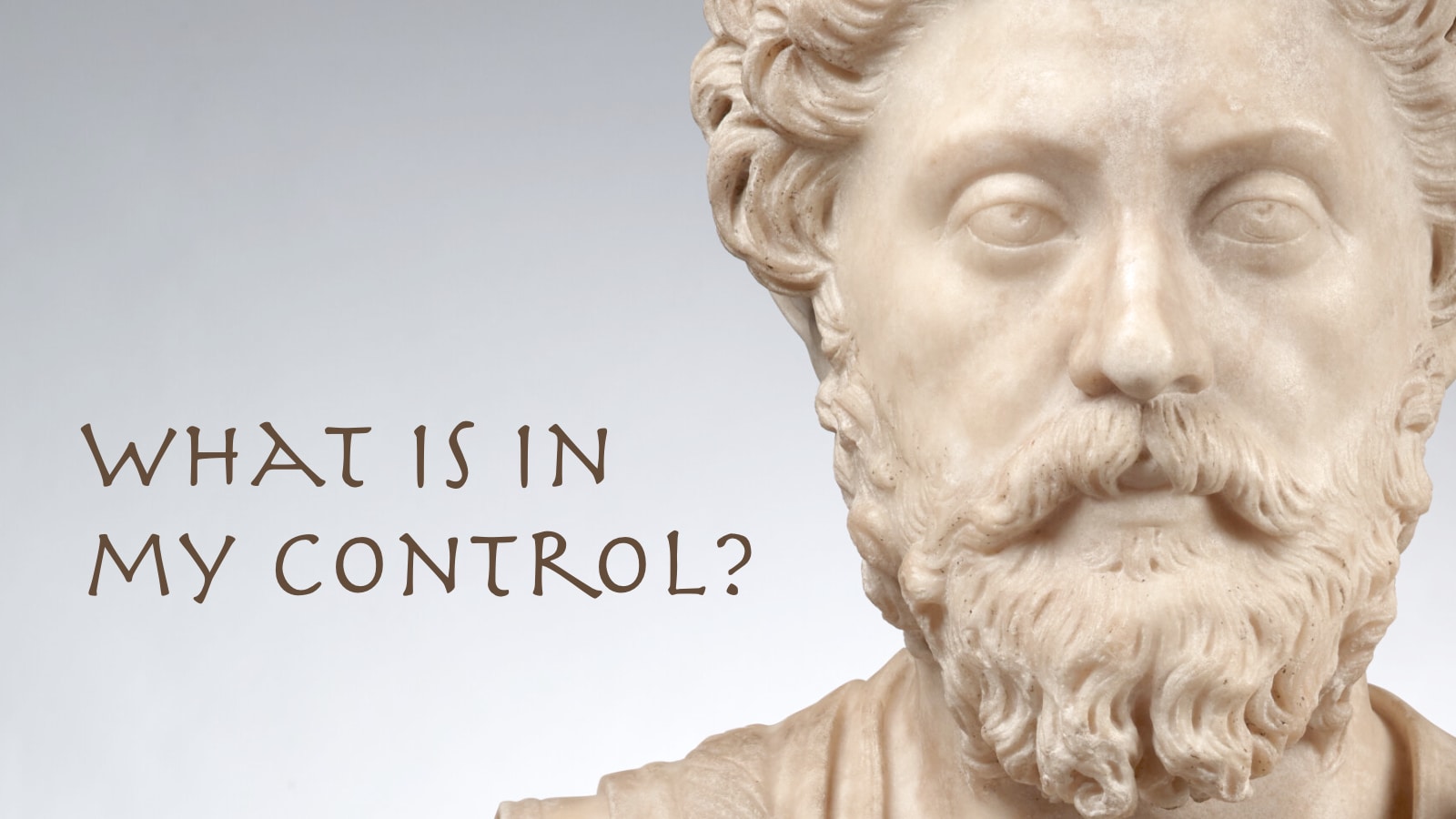
The Stoic philosophers have something to say about players destroying the best-laid plans of gamemasters.
Choosing A Published Campaign Setting
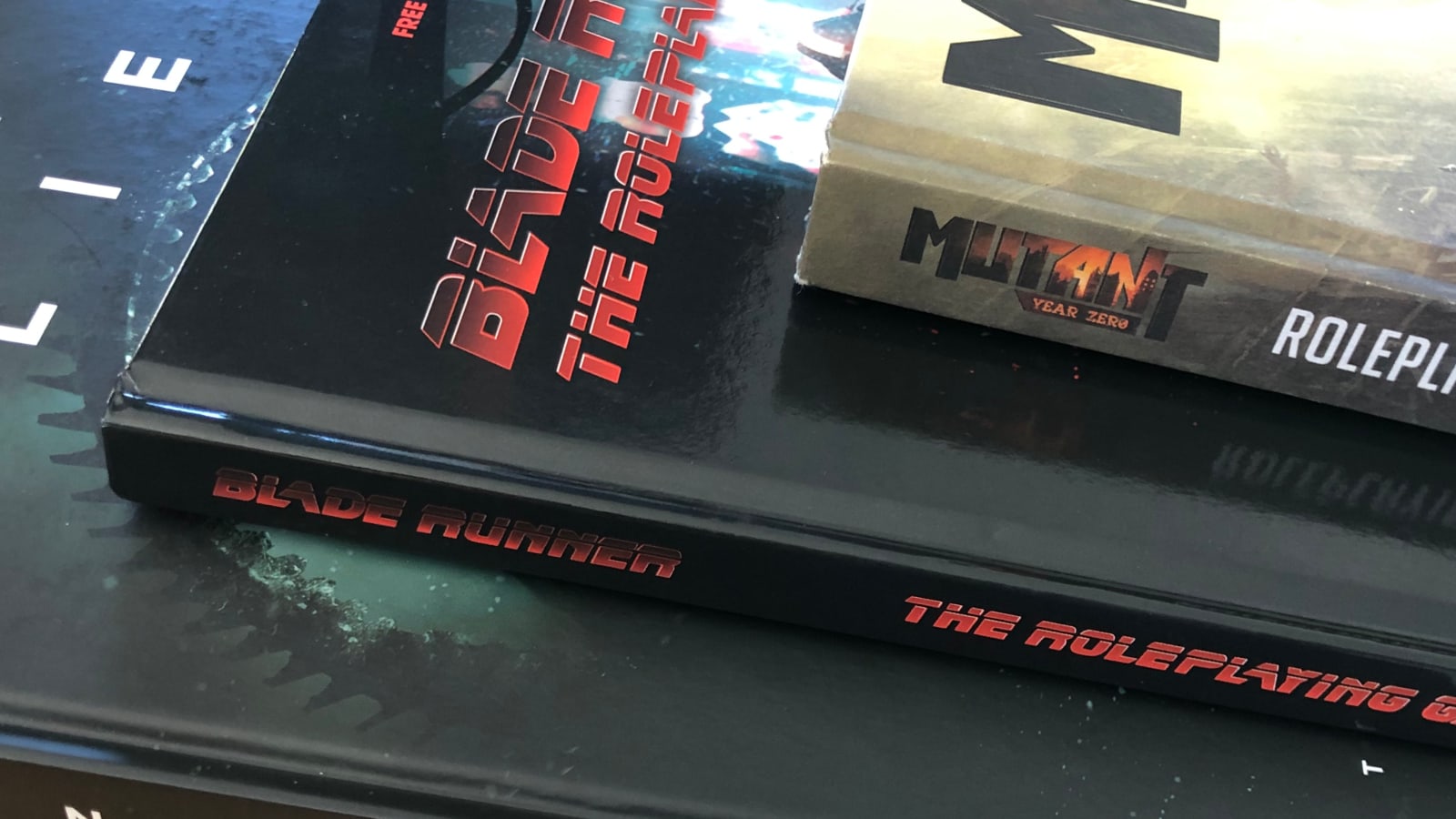
It can be easy to get excited about a new published setting, but it pays to evaluate it before bringing it to the table.
